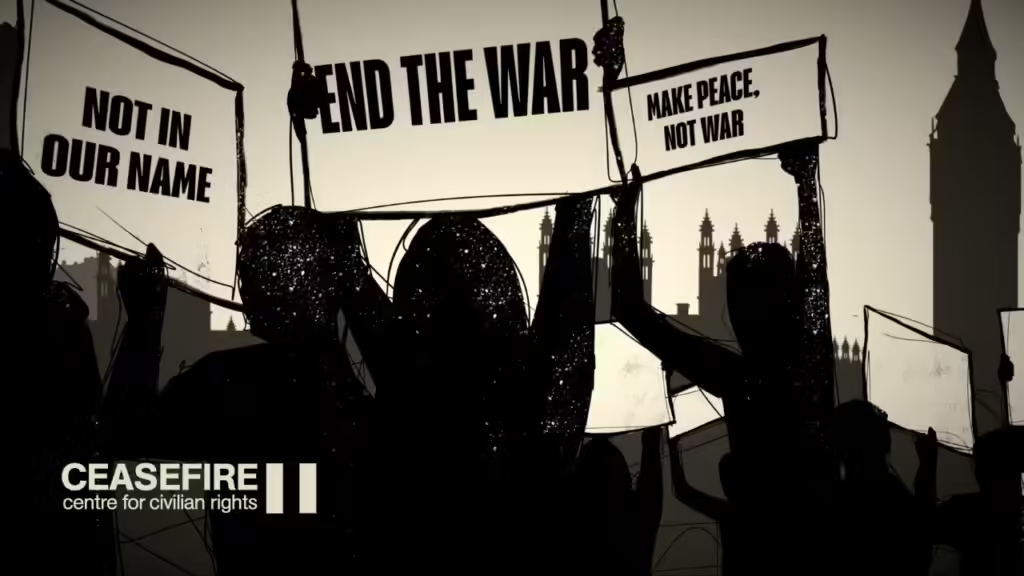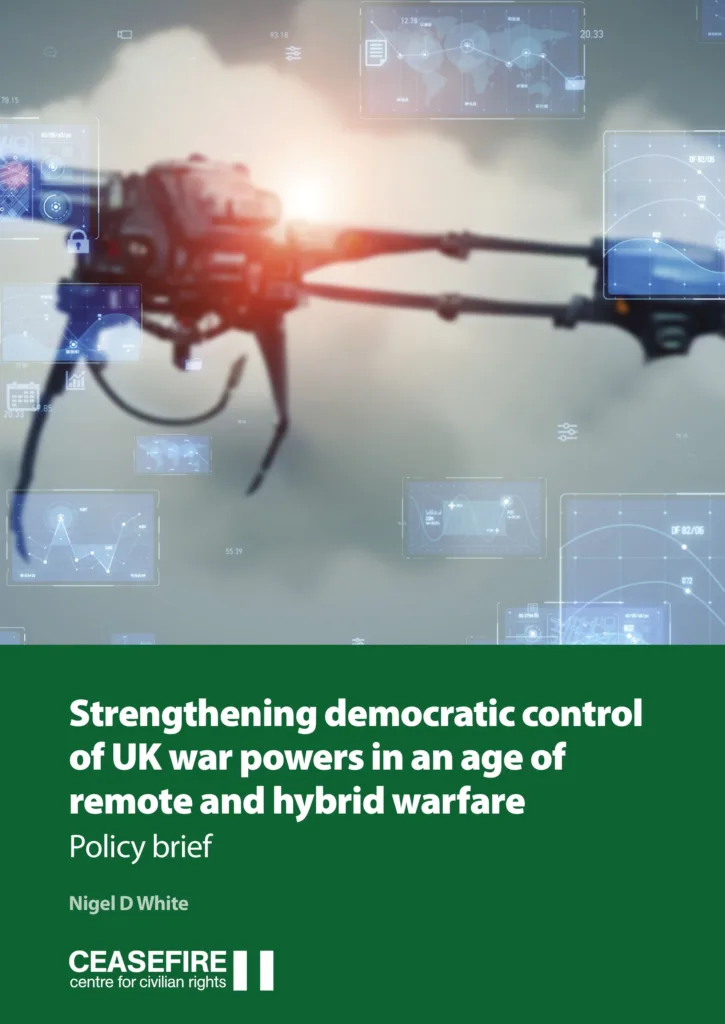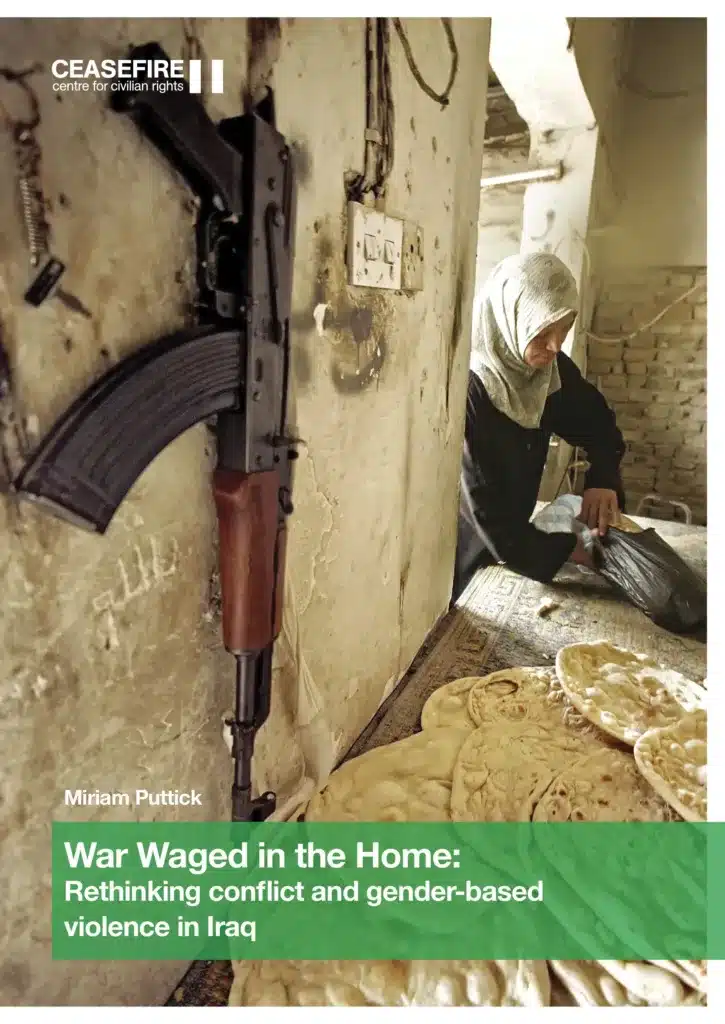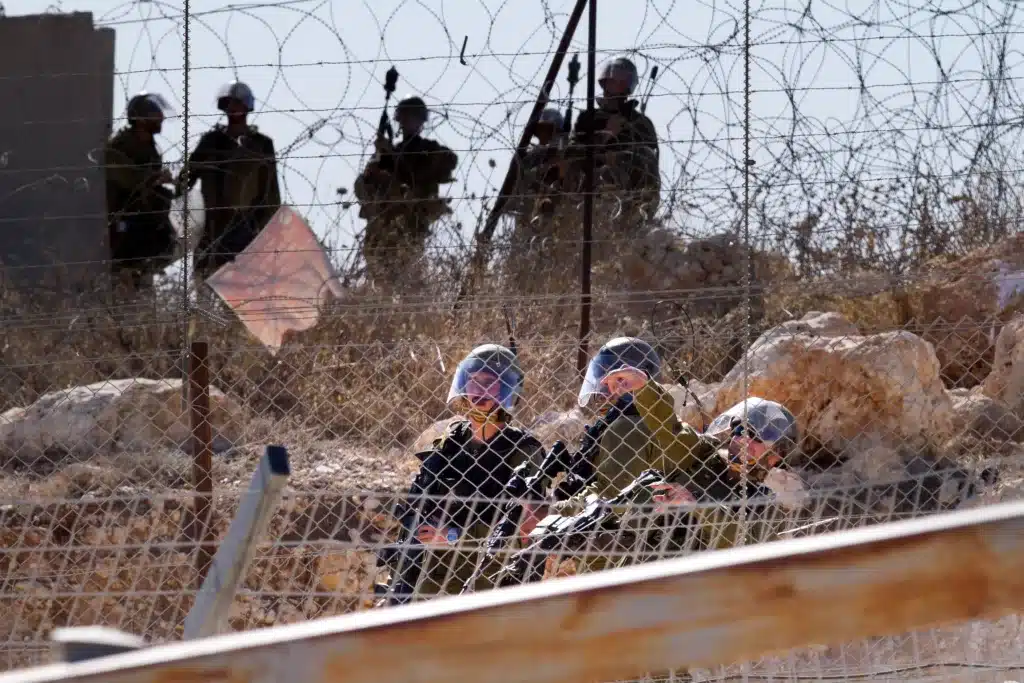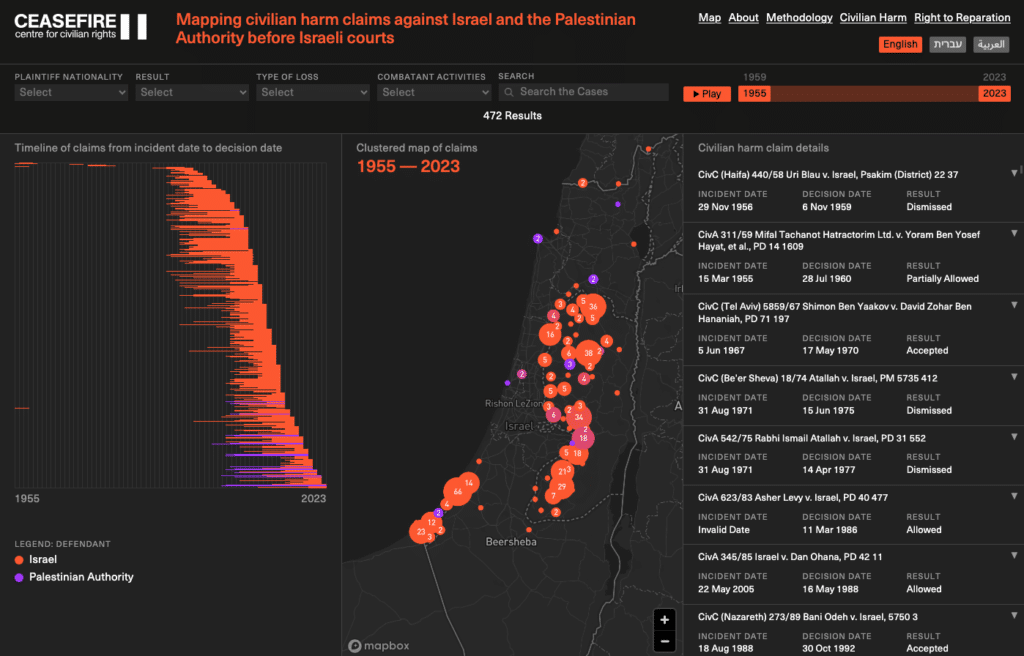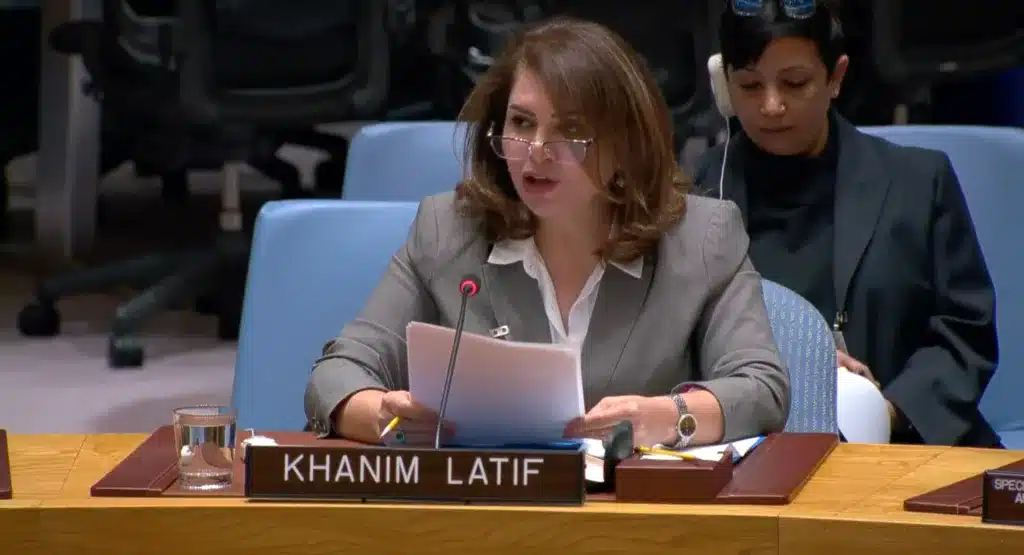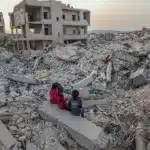UK military accountability: New government should change how it decides to go to war
In 2020, Keir Starmer vowed there would be ‘No more illegal wars’ under his Labour Party leadership. After a landslide election on 4 July, the Ceasefire Centre for Civilian Rights calls on the new prime minister and his government to change how the decision to go to war is made. As it stands, the UK […]
UK military accountability: New government should change how it decides to go to war Read More »

